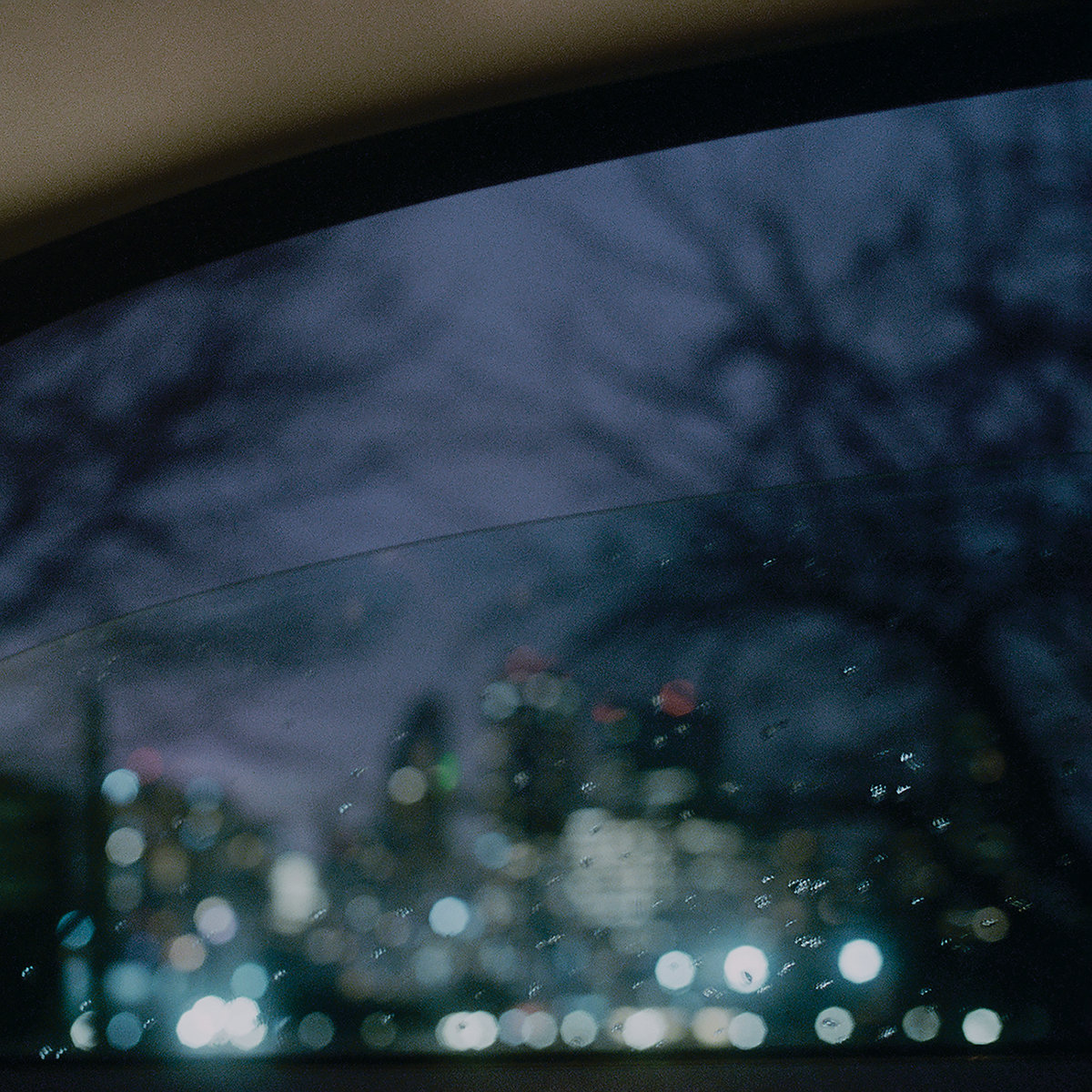Natural Wonder Beauty Concept
 While I am a fan of both DJ Python (Brian Piñeyro) and Ana Roxanne, a collaboration between the two is not something that I would have ever foreseen happening due to the substantial gulf between their styles. Unusual circumstances can lead to unexpected places, however, and the two mutual admirers found themselves both adrift and living in NYC in 2020 ("well-loved albums aside, no one was playing shows, and a general listlessness and disconnection prevailed"). As a result, the two finally met in person and soon began working on new music together ("studio experimentation was the instinctive extension of a friendship finding its feet"). Before they could finish an album, however, circumstances changed again and Piñeyro returned to the European club scene, while Roxanne toured the world and moved back to California.
While I am a fan of both DJ Python (Brian Piñeyro) and Ana Roxanne, a collaboration between the two is not something that I would have ever foreseen happening due to the substantial gulf between their styles. Unusual circumstances can lead to unexpected places, however, and the two mutual admirers found themselves both adrift and living in NYC in 2020 ("well-loved albums aside, no one was playing shows, and a general listlessness and disconnection prevailed"). As a result, the two finally met in person and soon began working on new music together ("studio experimentation was the instinctive extension of a friendship finding its feet"). Before they could finish an album, however, circumstances changed again and Piñeyro returned to the European club scene, while Roxanne toured the world and moved back to California.
Fortunately, the pair were still able to meet up occasionally and eventually had enough material to convene in Los Angeles and Brooklyn to finish an album. Given the pedigree of those involved, it is no surprise that Natural Wonder Beauty Concept is a compelling project, but it takes some unexpected directions: while Piñeyro's recent collaboration with Ela Minus resulted in a poppier strain of DJ Python's "deep reggaeton," Roxanne's influence often steers Piñeyro's beats in a more vaporous and ambient-inspired direction.
This was an unusual album to wrap my head around, as it feels like Piñeyro and Roxanne's shared vision organically changed directions quite frequently. While the duo's varied influences (HTRK, Portishead, Bjork, Seefeel, Boards of Canada) offer some insight into the elusive character of that vision, the actual roots run a bit deeper than music, as both artists have spent a lot of time "reflecting on feeling too much and feeling nothing at all." That makes a lot of sense given the life of a touring solo artist ("You hurtle across the sky to spend a few hours in a dark club, behind the decks or on stage at the microphone. A brief grasp at transcendence, then the lights are on."). Fittingly, the shapeshifting tone of the album's ten pieces seems to mirror those two emotional extremes quite effectively.
For example, the opening "Fallen Angel" is a ghostly, flickering, and wordless fantasia of cooing vocals, distended beats, and subtle psychedelia, while Roxanne's untreated vocals on the closing "World Freehand Circle Drawing" feel soulful and direct (though the inherent poppiness of that directness is undercut by the vaporous and eerily nocturnal vibe of the underlying music). That balance between "ambient" and "pop" sides unpredictably seesaws back and forth throughout the album. In fact, only the title piece lands somewhere that might be considered a seamless blend of both, as Roxanne's hazily sensuous vocals are beautifully enhanced by a hyperkinetic jungle breakbeat.
That said, exploring different directions is not a crime (especially when you have plenty of good ideas), so there are a number of other fine pieces to enjoy throughout the album. On the more pop end of the spectrum lie "Sword," "Drive" and "III." "Sword" is the most dissolved and deconstructed of the trio, but Roxanne's swooping vocal hook is gorgeous and Piñeyro continually removes parts of the beat in interesting ways. Roxanne also takes lead vocals in the more brooding "Driving," which features a lovely wordless hook and a wonderfully shuffling, stuttering, and potentially woodpecker-inspired groove. Elsewhere, Piñeyro makes his vocal debut in the moody duet "III," which might be the album's biggest outlier, as it sounds like whatever the R&B equivalent of cloud rap would be called (somewhere between melancholy, anthemic, and stoned).
Notably, Roxanne and Piñeyro screened much of their "in-progress" material while driving around the LA hills at night and that seems like exactly the right context for this album, as the best moments perfectly evoke that elusive sense of feeling wonderfully alive in a hazy unreality of ambient melancholy and brooding shadows. I definitely need more of that in my own life, so maybe this will finally be the album that unintentionally makes my world collapse by awakening simmering longings and long-buried frustrations. We'll see, I guess. There are also a couple of more avant-garde inspired pieces on the album that veer into more overtly hallucinatory territory, as "Young Adult Fiction" suggests a digitized ghost haunting a slowed-down DJ Python beat, while "Veil II" resembles a gently psychotropic kalimba piece assembled from overlapping, out-of-sync loops.
While I have yet to fully warm to the first part of "Veil," just about every other piece would be a fine template for an entire album. Given the busy schedules and geographic distance now separating Roxanne and Piñeyro, I would be hesitant to bet on a follow up ever materializing, but the consolation prize for now is that this debut provides enough teasingly divergent glimpses of future possibilities that resourceful fans can simply let their imaginations do the rest of the work.



